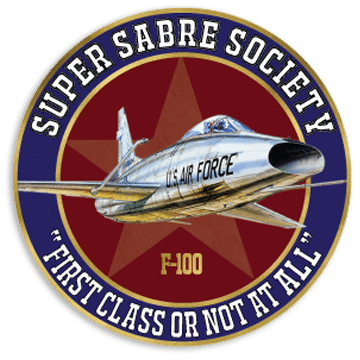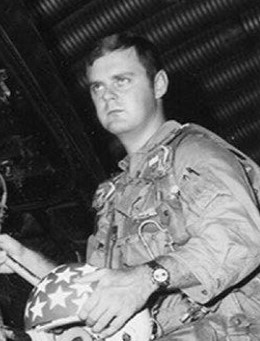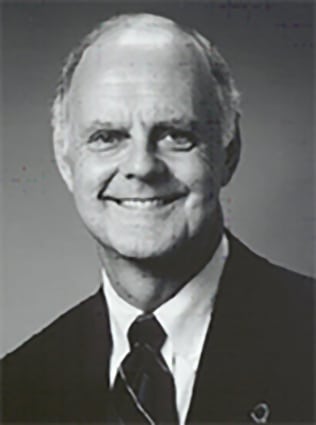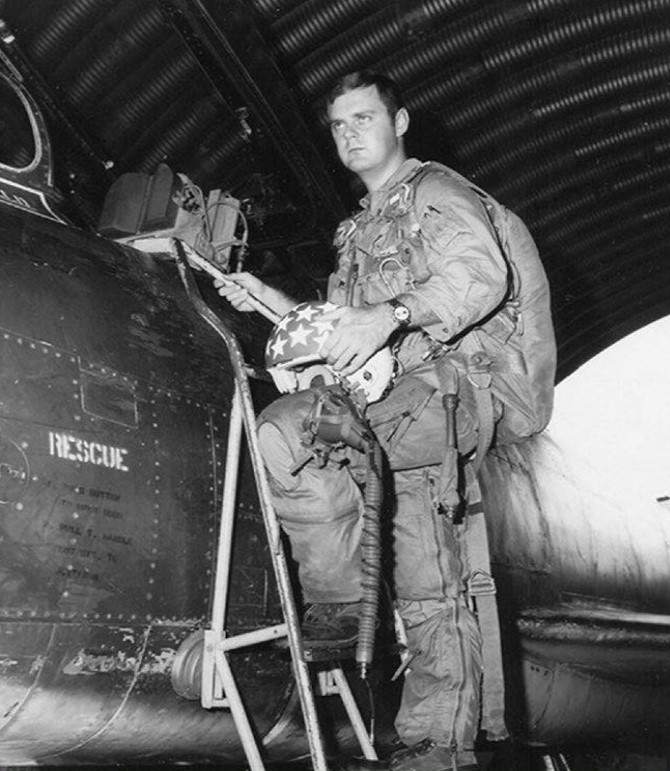Carter joined the USAF in 1966. He spent a year in Vietnam from October 1967 as a copilot of a Caribou transport aircraft and flew 854 missions before returning to the U.S. to convert to F-100 Super Sabre Jet Fighters. He returned to Vietnam in 1969 and flew 200 combat missions.
Edward B. “Ed” Carter is a graduate of The Citadel with a degree in political science and a master’s in aeronautical science, management from Embry-Riddle Aeronautical University.
In June of 1974, he arrived in New Zealand for two years’ exchange duty and was one of four US officers with the Royal New Zealand Air Force (RNZAF). It was during this assignment, on the 26th of June 1974, that Carter took off in an RNZAF Skyhawk jet fighter as the leader of a pair of Skyhawks engaged in a night air defense exercise. After takeoff, Carter said he experienced problems with his landing gear, and he proceeded to fly to open sea to jettison fuel to make a return landing. Shortly after beginning the fuel dumping, both hydraulic systems of the aircraft failed, and the aircraft yawed violently and rolled uncontrollably in an inverted position. By disconnecting the powered flight control system, Capt. Carter was able to regain a measure of control, but despite the completion of all known emergency procedures, the aircraft continued to behave erratically and to be intermittently uncontrollable.
Carter said he considered abandonment of the aircraft, which was well justified but decided to attempt to land the crippled aircraft. Carter said he was aware of the dangers as he made his first attempt to land. The attempt had to be aborted when the aircraft suddenly rolled to a 90-degree bank only 200 feet above the ground. Despite this, Carter managed to wrestle back control and, just before touchdown on his second attempt, the aircraft veered sharply away from the runway heading. Once on the ground, Carter had much difficulty in maintaining control which was greatly hampered by the fact that both main wheel’s tires blew out from the harsh braking actions that Carter had to make to keep the aircraft on the runway. Due to his exceptional skill, airmanship, and courage, Carter saved the aircraft and was awarded the Air Force Cross.
Carter retired from the Air Force at the rank of colonel. During his service, in addition to his two tours in Vietnam, he served in various command positions including the commander of the 8th Fighter Wing “Wolf pack” in the Republic of Korea. He has more than 4,000 hours of single-seat fighter time in the F-100, A-7, A-4, A-10, and F-16 aircraft. He was stationed in Texas, South Carolina, New Zealand, Arizona, Virginia, Florida, Korea, and at the Pentagon.
His decorations include the United Kingdom Air Force Cross, Legion of Merit, Distinguished Flying Cross, Air Medal with Sixteen Oak Leaf Clusters, Meritorious Service Medal with Four Oak Leaf Clusters, Distinguished Presidential Unit Citation with One Oak Leaf Cluster, Air Force Outstanding Unit Award with Valor and Six Oak Leaf Clusters, Combat Readiness Medal with Two Oak Leaf Clusters, Vietnam Service Medal with Five Devices, Republic of Vietnam Gallantry Cross, and the Republic of Vietnam Campaign Medal.
After retiring from the Air Force, he served as airport manager, deputy county administrator, and county administrator for Dorchester County. He also serves on the Dorchester Heritage Center’s Board of Trustees.
Source: “Originally published and with permission of journalscene.com.Carter served as Caribou transport co-pilot during Vietnam War”
by David Dement Special to The Journal Scene, Summerville, SC
Nov 10, 2020 Updated Nov 11, 2020














